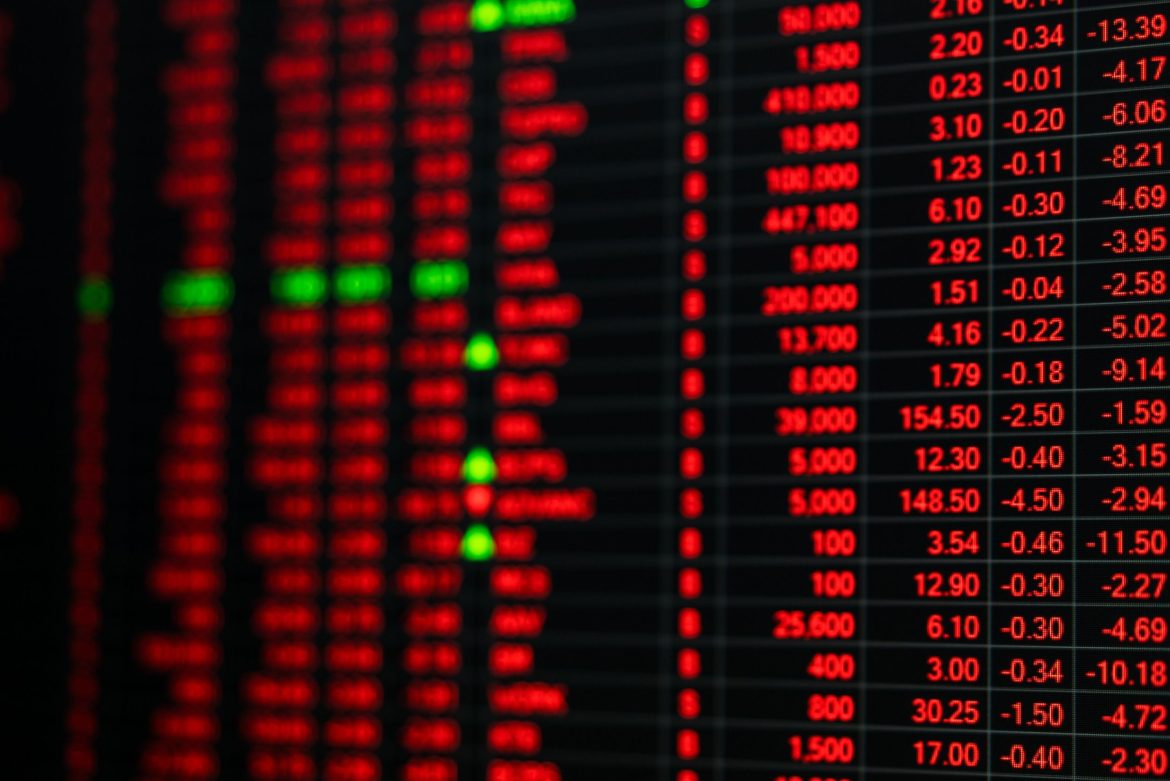Asian stock markets are trading lower on Monday, following negative cues from Wall Street on Friday.
Investor sentiment has been impacted by concerns over higher inflation after the US imposed new tariffs over the weekend.
The market decline comes amid worries that the Federal Reserve may delay potential interest rate cuts.
White House Press Secretary Karoline Leavitt confirmed the Trump administration’s tariffs on key trading partners.
The new measures include a 25% tariff on imports from Mexico and Canada and a 10% tariff on goods from China.
The administration also warned of potential 100% tariffs on BRICS nations, citing concerns over efforts to reduce reliance on the US dollar.
Japan’s Nikkei 225 crashes 2%
The Japanese stock market is experiencing a steep drop, with the Nikkei 225 index falling more than 2% to hover just above 38,600.
Losses are broad-based, affecting key sectors such as automakers, technology stocks, and index heavyweights.
The Nikkei 225 Index closed the morning session at 38,612.96, down 959.53 points or 2.42%, after touching a low of 38,454.38. This follows a session on Friday where Japanese stocks ended slightly higher.
Among major stocks, SoftBank Group is down nearly 1%, while Fast Retailing, the operator of Uniqlo, has fallen more than 2%. In the automotive sector, Honda is down nearly 7%, while Toyota has declined by almost 5%.
Hong Kong Stocks Drop as Trading Resumes
Chinese equities listed in Hong Kong are trading lower as markets reopened following the Lunar New Year holiday. Investors are reacting to President Trump’s decision to impose a 10% tariff on Chinese goods.
The Hang Seng China Enterprises Index declined as much as 2.2% in early trading, aligning with the broader regional downturn.
In early trade, the Hang Seng Index dropped to 19,949.69, after falling as much as 2.3% earlier when trading resumed following a three-day break. The Hang Seng Tech Index declined 1.8%.
Meanwhile, the Caixin China General Manufacturing Purchasing Managers Index (PMI) fell to 50.1 in January from 50.5 in December, missing the consensus estimate of 50.6 tracked by Bloomberg.
Hong Kong’s stock market had been closed since midday on January 28, while mainland Chinese markets are set to resume trading on February 5.
Other regional markets
The Australian stock market is trading significantly lower on Monday, reversing a three-session winning streak.
The benchmark S&P/ASX 200 index has fallen below the 8,400 level, with broad-based losses led by mining and technology stocks.
The decline reflects broader global concerns about trade uncertainty and inflationary pressures.
South Korea’s KOSPI index fell below 2450, driven by sell-offs from institutional and foreign investors.
The KOSPI index stood at 2441.09, down 76.87 points or 3.05% from the previous day.
Foreign investors sold off 522.8 billion won, while institutions sold 428.6 billion won. Meanwhile, individual investors were the only group to purchase shares, with a net buy of 889.3 billion won.
The post Asian stocks bleed after Trump’s tariffs: Nikkei down 2%, Kospi crashes 3% appeared first on Invezz

